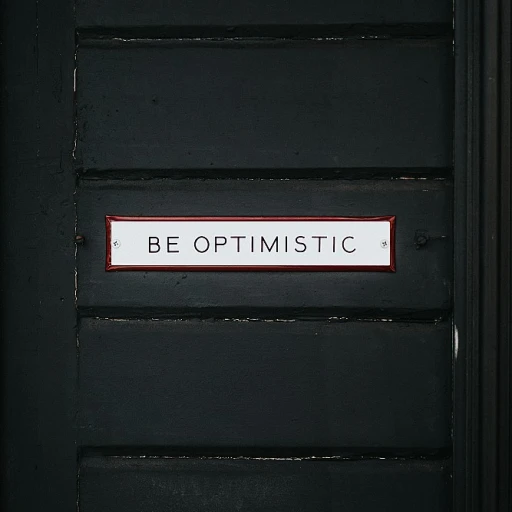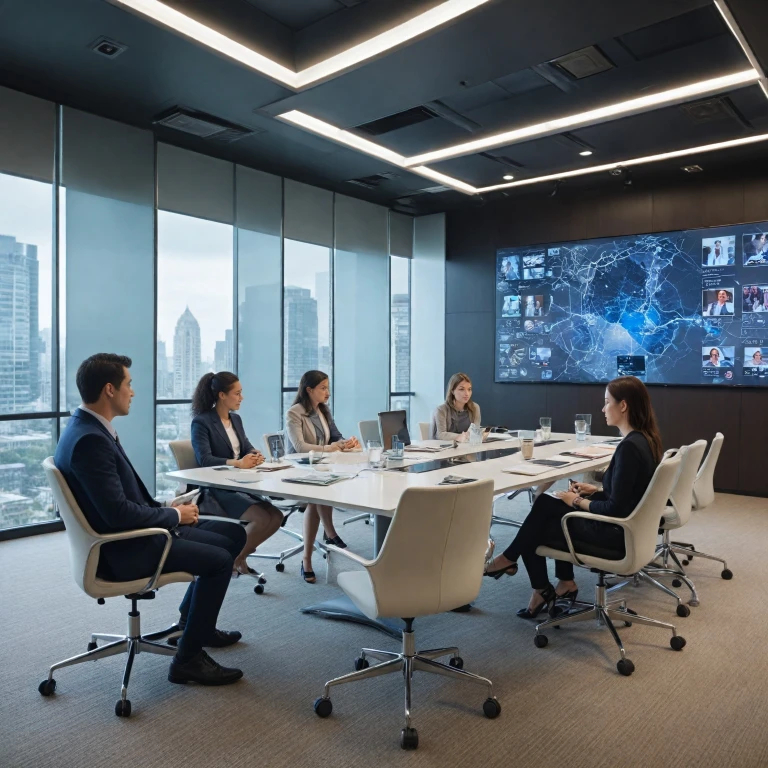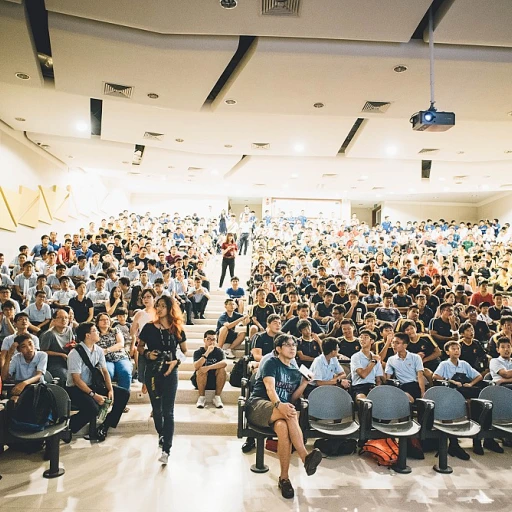
The Role of AI in Modern HR Meetings
The Integration of AI in HR Meeting Dynamics
In the landscape of modern human resources, artificial intelligence has begun to play a pivotal role in enhancing the way meetings are conducted. As companies strive to improve employee performance and optimize time management, leveraging AI becomes a crucial step forward. AI-driven technologies serve as efficient meeting assistants, aiding in structuring agendas, documenting notes, and outlining action items. This integration not only streamlines the meeting process but also enhances the overall productivity of HR teams. By automating repetitive tasks such as scheduling and sending out reminders, AI allows HR professionals to focus more on strategic discussions that drive company goals and development. Moreover, these intelligent systems contribute significantly to performance management by offering insights through data analytics. Such insights help human resources to tailor training and development programs that align with individual employee needs and overall company strategies. AI can also facilitate more productive team meetings by identifying patterns in communication and collaboration, leading to more effective conflict resolution and alignment with company policies. While AI offers significant benefits, it is not without challenges. There are ethical considerations to take into account, particularly in terms of data privacy during employee monitoring and reviews. For more on maintaining security in AI-facilitated environments, explore this insight on enhancing remote work security AI solutions. Ultimately, the role of AI in reshaping HR meetings is a multifaceted one. It not only elevates the efficiency of meetings but also supports the holistic development of the workforce by aligning discussion agendas with employee performance improvement and company advancement.AI-Powered Tools for Effective HR Meetings
Advanced Tools Transforming HR Meetings
The integration of AI-powered tools in HR meetings has revolutionized how companies approach various aspects of human resources. These tools not only optimize the time spent during these interactions but also enhance the overall productivity and effectiveness of meetings. One of the pivotal ways AI helps is through meeting assistant tools. These sophisticated applications aid in organizing meeting agendas and ensuring adherence to company policies. By automating the process of sending meeting reminders and keeping track of attendance, AI enables HR professionals to focus on more strategic tasks. Moreover, AI-driven platforms can automate note-taking and generate comprehensive meeting reviews with actionable items. This streamlines the performance evaluations process, ensuring that feedback and goals are clearly documented and accessible for future reference. Effective action plans for performance improvement are supported by AI's capacity to analyze employee feedback and performance data. Such insights lead to targeted training and development initiatives, fostering a culture of continuous improvement. AI-powered collaboration tools also play a crucial role in facilitating communication across diverse teams. By providing clear channels for discussions and addressing questions or conflicts immediately, these tools minimize potential issues and enhance team dynamics. For further understanding, see how AI-powered intranet solutions are enhancing HR efficiency. These solutions exemplify the transformative impact AI can have on HR meetings and the broader realm of human resource management.Improving Communication and Collaboration
Strengthening Communication and Team Synergy
With the integration of artificial intelligence in human resources, meetings are evolving into more dynamic sessions focused on improving communication and team collaboration. AI-driven tools are revolutionizing how employees interact within a company, offering significant advantages in terms of facilitating effective discussions and action items.
A primary benefit of AI in this space is the enhanced ability to set a robust meeting agenda. By accurately forecasting discussion topics that should be prioritized, AI tools provide structure before the meeting even begins. This not only saves time but ensures that key performance issues are addressed, keeping all stakeholders aligned to the company's goals.
AI assists in capturing and organizing meeting notes, providing employees and leaders with coherent summaries and relevant feedback immediately after discussions. This capability is particularly helpful in performance management and performance evaluations, where the accurate recording of data and employee insights is crucial. By having a reliable account of all conversations, companies can track progress against their improvement plan, ensuring accountability and transparency within teams.
Furthermore, AI meeting assistive technologies contribute significantly to development reviews and training discussions. They help identify areas where employees might need additional support or development. Consequently, team members can receive timely and constructive feedback, enabling continuous personal and professional growth.
In the realm of exit interviews, AI plays a vital role in analyzing feedback to uncover patterns that might otherwise go unnoticed. By processing these data points, HR leaders can address issues, refine company policies, and enhance the overall meeting performance tactic, driving successful outcomes.
To learn more about the innovative use of AI in workforce allocation and enhancing team dynamics, explore our detailed analysis on enhancing workforce allocation with AI in human resources here.
Data-Driven Decision Making
Harnessing Data for Informed Decisions
Incorporating data-driven decision-making is crucial for amping up the effectiveness and efficiency of HR meetings. The availability of AI-powered tools has made it possible for human resource professionals to leverage vast amounts of data to make informed decisions that impact company performance and employee development. By implementing data analytics in meetings, HR teams can ensure a more objective and strategic approach to manage their workforce.
One of the benefits of utilizing data in discussions is the ability to enhance performance management. Using AI, HR professionals can easily identify trends in employee performance data, which helps in formulating performance improvement plans. This approach not only boosts productivity but also aids in maintaining a fair and unbiased perspective during performance evaluations and reviews.
Additionally, data-driven insights can refine the agenda of HR meetings by focusing on actionable items that need urgent attention. By analyzing employee engagement data, teams can prioritize their discussion points around critical issues such as conflict resolution, training needs, or upcoming projects. A well-structured meeting agenda helps in saving time, ensuring that discussions are productive and align with company goals.
Evidently, data-driven decision-making in HR meetings paves the way for enhanced collaboration and communication. By sharing data insights with relevant teams, HR leaders can foster a culture of transparency and trust, leading to more meaningful and focused team meetings. Feedback and notes from these sessions can then be utilized to drive continuous improvement and development throughout the organization.













